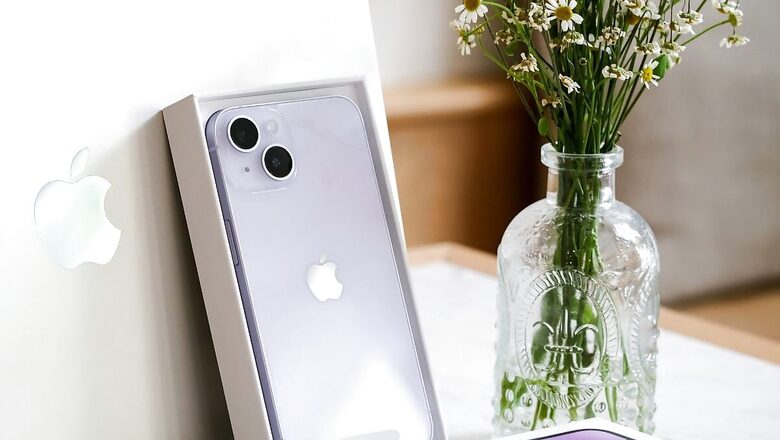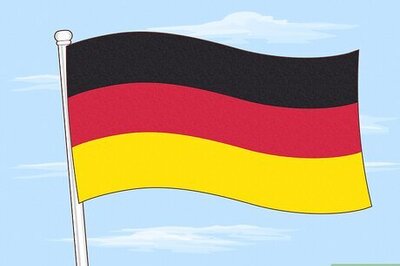
views
Apple is going to bring support for faster Qi2 wireless charging with the introduction of iOS 17.4 for the iPhone 12 model. Although Apple has not officially announced it, a series of tests and reports from Macworld readers show that the iPhone 12 may now charge at full 15W wirelessly when magnetically linked to a non-MagSafe Qi2 charger.
Qi2 is the Wireless Power Consortium (WPC)’s next-generation wireless charging technology, which is based on MagSafe. Qi2 can achieve a maximum speed of 15W, whereas third-party wireless chargers lacking MagSafe certification have been restricted to 7.5W maximum speeds.
On the iPhone 13 and iPhone 14, Apple introduced iOS 17.2 last year which brought 15W speeds with Qi2 wireless chargers. The iPhone 15 series already supported Qi2 at debut, leaving the iPhone 12 as the sole iPhone model with MagSafe that does not allow fast charging when using Qi2 accessories.
Although Apple does not mention this compatibility in the iOS 17.4 release notes, Macworld testing since iOS 17.4 has revealed that the iPhone 12 equates to the speed of charging of fully Apple-certified MagSafe chargers when clamped onto Qi2 chargers and even displays the 15W-only charging animation.
They began testing using an Apple MagSafe Charger, which took 38 minutes to fully charge an empty iPhone 12 Pro Max to 30% and 70 minutes to reach 50%. They used the Anker Qi2 MagGo Wireless Charger to charge an iPhone 12 Pro Max to 30% in 33 minutes and to 50% in 64 minutes.
In subsequent testing with an iPhone 12 with a lower battery than the 12 Pro Max, Qi2 came out on top, but MagSafe and Qi2’s charging rates were very close (around 20 minutes to 30% and 45-50 to 50%).
The update was initially brought to Macworld’s attention by a reader who noticed that his phone was filling up faster and that the MagSafe/Qi2 animation was appearing on his Belkin BoostCharge Pro 2-in-1 Magnetic Wireless Charging Pad with Qi2.
Meanwhile, in iOS 17.4, Apple included a thorough Battery Health section in the Settings app, which provides specific information about your phone’s battery health, such as cycle count and maximum capacity. Compared to the previous version, which simply showed battery health as a percentage, this change represents a huge improvement.



















Comments
0 comment